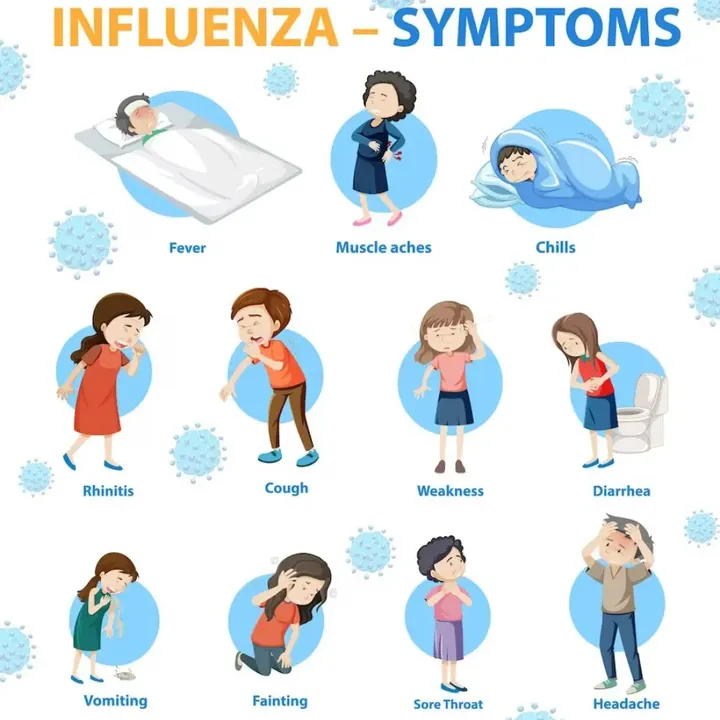Influenza Cases On The Rise, Time To Mask Up Again
People with symptoms are encouraged to wear face masks and practice social distancing as influenza is highly contagious.

Subscribe to our FREE Newsletter or Telegram channel for the latest stories and updates.
Health Minister, Dr Zaliha Mustafa encourages candidates and election officials participating in the six state elections that have signs of influenza to take precautionary measures, including wearing face masks and practising social distancing.
As reported by Bernama, she emphasized that wearing a face mask during the campaign could effectively limit the transmission of contagious diseases, especially influenza.
Common signs of influenza that everyone should look out for include fever, body aches, frequent sneezing, runny nose, sore throat, cough and headache.
Influenza is a contagious disease. For those who have symptoms regardless of whether they are candidates or election officials, if there are having the symptoms, they should see a doctor quickly and take the necessary precautionary measures, like wearing a face mask.
Dr Zaliha Mustafa, Health Minister
Influenza cases in hospitals are increasing
Zaliha also mentions that this precautionary advice is a response to the overcapacity situation in private hospitals within the country which is caused by a surge of influenza cases.
Furthermore, the Malaysian Association of Private Hospitals confirmed on Monday (July 31) that many hospitals were reaching their capacity, leading to admission delays.
In addition, Defence Minister Datuk Seri Mohamad Hasan, who’s also Umno’s deputy president, was recently diagnosed with influenza on Wednesday (August 2).
Having a bad cough and fever, his doctors told him to rest at home for three days instead of going out campaigning as he might infect others.
What to do if you have influenza?
According to a Chest Specialist, Dr Nurul Yaqeen, influenza, or commonly known as the flu, is a viral infection caused by either the influenza A or influenza B virus strains.

These viruses usually target the respiratory system, affecting the nose, throat, airways, and even the lungs. It is highly contagious and can be transmitted through respiratory droplets when someone coughs, sneezes, talk or touches surface areas contaminated by the droplets.
Anyone having these symptoms should go see a doctor for a medicine prescription.
Here are a few treatment options for influenza:
- Antiviral medication – Usually given by medical practitioners, antiviral medications such as Tamiflu (oseltamivir) are prescribed to curb the growth and spread of the influenza virus in the body.
- Fever & Symptom management – Over-the-counter medications such as paracetamol (acetaminophen) can reduce fever symptoms, cough syrups can alleviate coughing while antihistamines or nasal sprays can provide relief for nasal congestion.
- Hydration – Hydration is important during this time as appetite and fluid intake may be reduced. To avoid getting an IV drip at the hospital, one should drink at least one to two litres of water per day or more to support the body’s immune response.
- Rest & Self-care – Rest is the best medicine for a sick person. Take time off from your job or school and prioritise good sleep and relaxation. Maintain good hygiene too to avoid contaminating others with your virus.
Share your thoughts with us via TRP’s Facebook, Twitter, Instagram, or Threads.





